Did you miss our most-read brand stories of 2024?
This year, brands had to grapple with culture war politics, find ways to cut costs using AI and think up new ways to structure the marketing function. We round up some of our most-read brand stories of 2024.
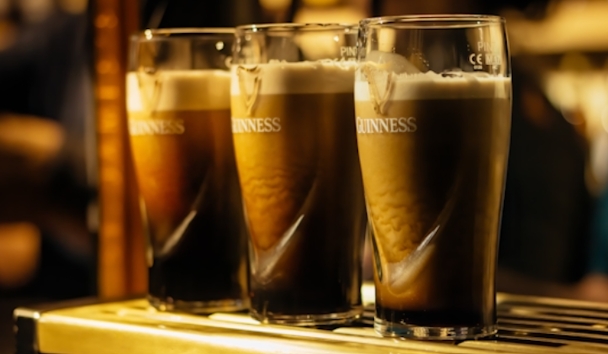
Guinness is among the hotly talked about brands of 2024, but why? / Diaego
Several pivotal moments in marketing during 2024 have kept the industry talking and debating, but there have also been many lessons.
Heinz faced backlash after two campaigns were accused of perpetuating racial stereotypes, sparking a broader conversation about DE&I and representation and reminding brands of the need to be more mindful of the communities they engage with.
Want to go deeper? Ask The Drum
Meanwhile, Guinness saw remarkable success with its community-first marketing approach, a case study that could give other brands the confidence to hand over control of their narrative.
Loyalty programs are being rethought after perhaps one too many marketers placed too much emphasis on existing members at the cost of winning new business. Pret and Starbucks were two brands that learnt that the hard way.
As The Drum gears up for what 2025 will bring to brand marketing, we reflect on the most-read stories of 2024.
Brands let the DE&I fire burn out. Can the Heinz controversy reignite it?
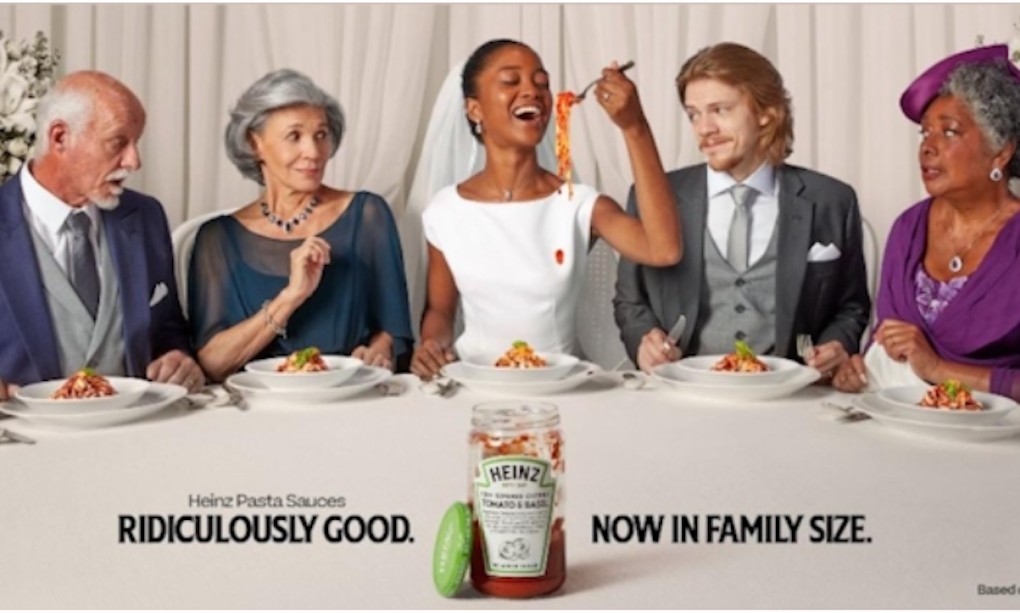
Heinz faced intense backlash for two campaigns by separate agencies that were accused of perpetuating racial stereotypes. One, the Halloween-themed ‘It Ha Ha Has to be Heinz’ was criticized for having ‘Black face’ connotations, said by some to resemble minstrel shows. The second, an out-of-home ad called ‘Family Portraits,’ featured an interracial couple getting married but omitted the Black father of the bride.
The food giant responded by removing the ads and issuing a statement. The heated response to the ads thrust DE&I back into the spotlight. Rich Mills, chief executive officer and founder of the Diversity Standards Collective, hit the nail on the head when he told The Drum in October: “[The Heinz case] reminded people that things can go wrong without realizing. It’s reminded people that we all need to make sure that we are speaking to communities.”
Advertisement
From splitting the G to the Premier League – Diageo on embracing the Guinness craze
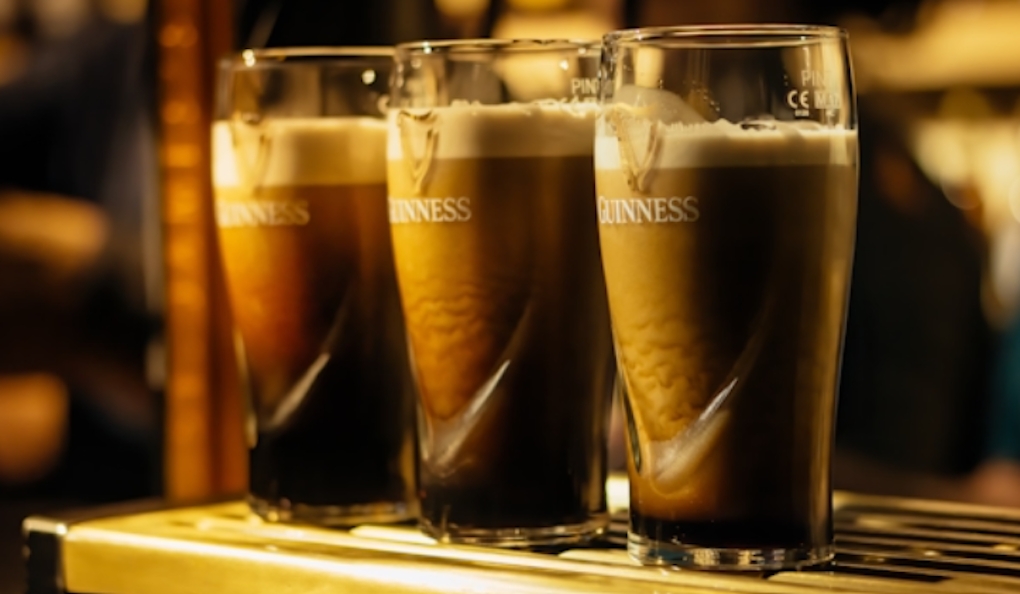
One brand that has seen its marketing perform so well in 2024 that it now has a supply shortage on its hands is Guinness. The Diageo-owned stout has had a phenomenal couple of years, seeing its customer likability scores jump from 5.9 to 11.9 and its sales increase by 5% in the UK.
The Drum caught up with Somnath Dasgupta, Guinness’s global marketing director for sports partnerships, ahead of the stout brand kicking off its Premier League sponsorship. He attributed Guinness’s sales uplift to the boldness of the brand to hand over control to social media influencers and communities. “We’ve embraced community-first marketing – a model that is much more open to having a two-way dialogue with customers,” said Dasgupta. “There has been a brand moment where we’ve opened ourselves up for a much deeper conversation with customers.”
Advertisement
Will Pret regret ditching its ‘free’ coffee perk after subscriber backlash?
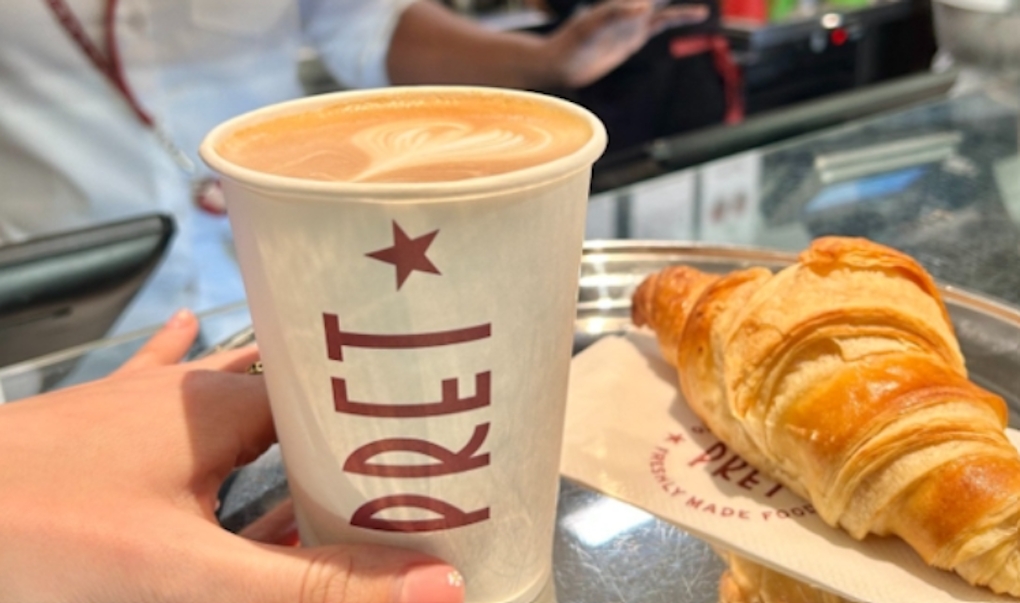
Loyalty and subscription schemes had a big shake-up in 2024 after a couple of years where brands had put all their eggs in the loyalty basket. Pret was perhaps the biggest indicator of this sea change, with the café chain being forced to overhaul its popular ‘free’ coffee perk. In Starbucks’s third-quarter earnings, its chief executive Brian Niccol said the business has over-invested in marketing to its existing customers through its rewards program to the detriment of promoting the brand to non-loyal Starbucks drinkers.
This same thinking occurred to Pret when it justified revising its program with its UK’s managing director, Clare Clough having explained to consumers that Pret was now able to provide better value for everyone, not just the minority of Pret subscribers.
Suggested newsletters for you
Was Starbucks right to eliminate its CMO role?
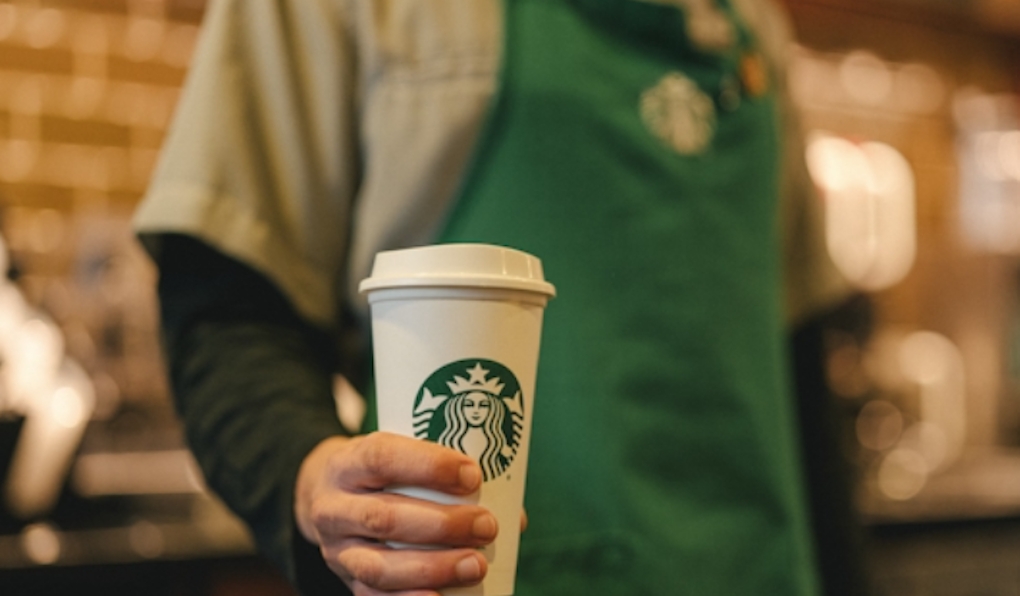
Conversations about the future role of CMO were reignited this year following several high-profile cases where the C-suite marketing position was eliminated. Starbucks removed its top marketing gig when it promoted former CMO Brady Brewer to chief executive officer of its international business. The coffee chain has no plans to replace the global chief marketing officer role and instead, each regional chief exec will be supported by local marketers. Starbucks follows the recent moves by UPS, Lyft and Uber, which all restructured without a CMO title.
The industry took a mixed view of the news at Starbucks, with some camps thinking having a chief exec as a CMO shows the business understands the importance of marketing. But others believed the move “undermines” the role of marketing within a business as major as Starbucks.
Why the ‘get woke, go broke’ narrative is all wrong
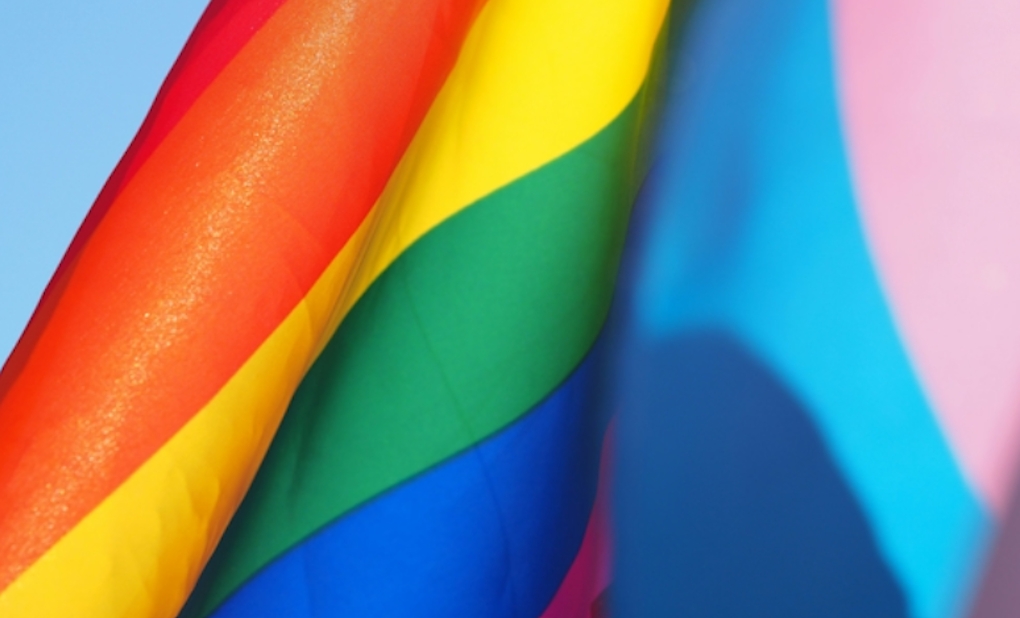
A year on from the fallout from Bud Light’s partnership with trans influencer Dylan Mulvaney, 2024 was a year that left many C-suites at the top global brands debating whether DE&I policies and purpose marketing will help or hinder their bottom line. Data from Kantar sought to disprove the theory that ‘woke’ marketing would hurt a brand’s bottom line.
75% of people decide what to buy based on a brand’s diversity and inclusion record, according to a Kantar study, adding weight to the argument that inclusive marketing is good for business. The report also ranked brands based on their perceived commitment to diversity and inclusion. Google topped the list, followed by Nike, Dove, McDonald’s, Netflix, Coca-Cola, Adidas, Disney and then Apple.
